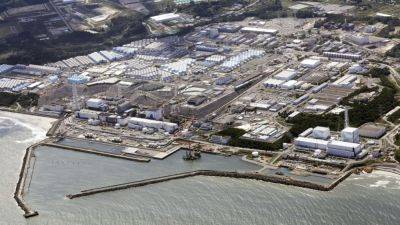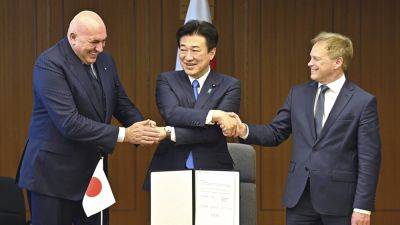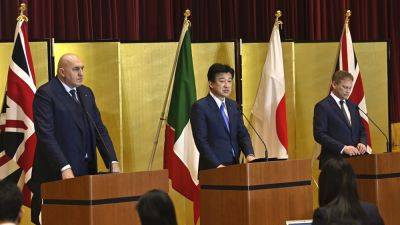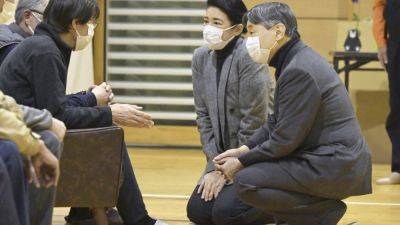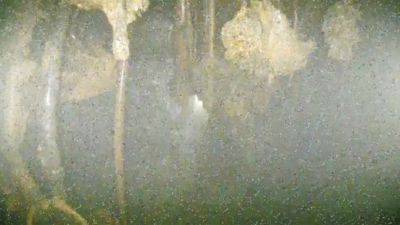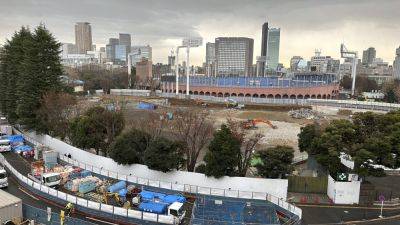UN nuclear chief visits Japan to examine Fukushima wastewater release and talk atomic cooperation
TOKYO (AP) — The head of the United Nations’ atomic agency is in Japan to examine discharges of treated radioactive wastewater from the ruined Fukushima Daiichi nuclear power plant, and to discuss further cooperation with Japan to promote peaceful use of nuclear energy and non-proliferation.
International Atomic Energy Agency Director-General Rafael Mariano Grossi is visiting the country Tuesday for the first time since releases of the treated water began in August. It also comes one day after Japan marked 13 years after the March 11 earthquake and tsunami struck, triggering the Fukushima disaster.
“This date has a special meaning in Japan,” Grossi said as he met with Japanese Environment Minister Shintaro Ito, his first in a series of talks with top Japanese officials planned for the three-day visit.
The disaster caused many difficulties, but also led to “strengthening of the links and the cooperation between the IAEA and Japan,” Grossi said.
A massive earthquake and tsunami in 2011 damaged the Fukushima plant’s power supply and reactor cooling functions, triggering triple meltdowns and causing large amounts of radioactive wastewater to accumulate. After more than a decade of cleanup work, the plant began discharging the water after treating it and diluting it with large amounts of seawater on Aug. 24, starting a process that’s expected to take decades.
The discharges have been strongly opposed by fishing groups and neighboring countries including China, which banned all imports of Japanese seafood immediately after the release began.
Japan has sought the IAEA’s help with safety monitoring and evaluation to allay concerns over the discharge plan.
Grossi is expected to examine the discharge facility Wednesday after


